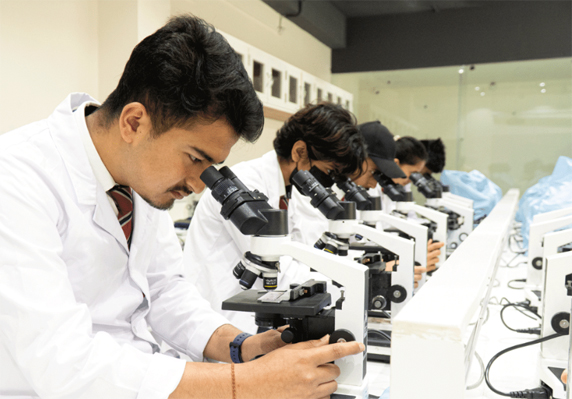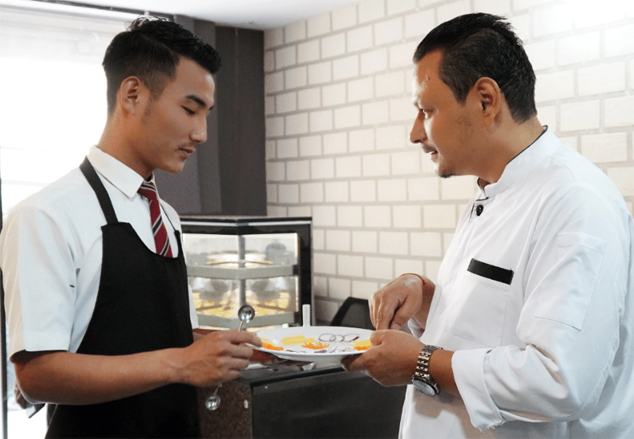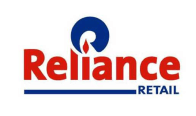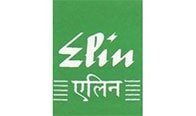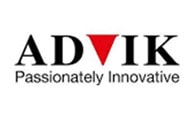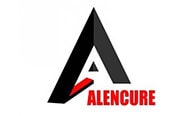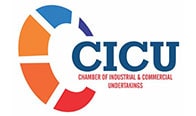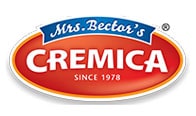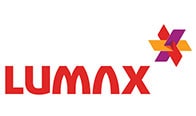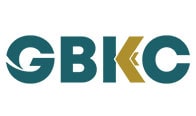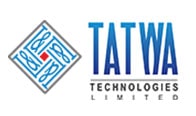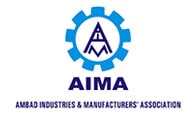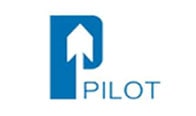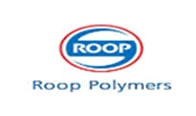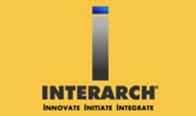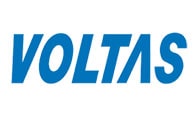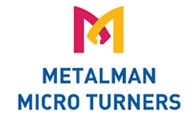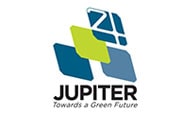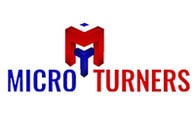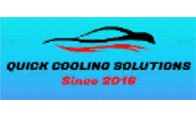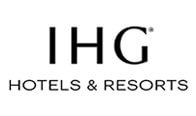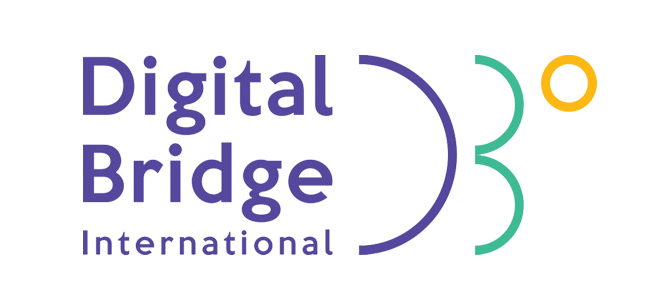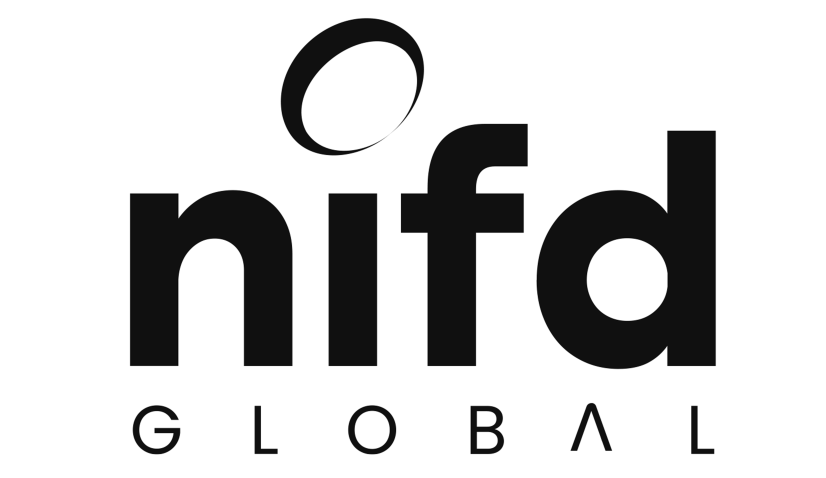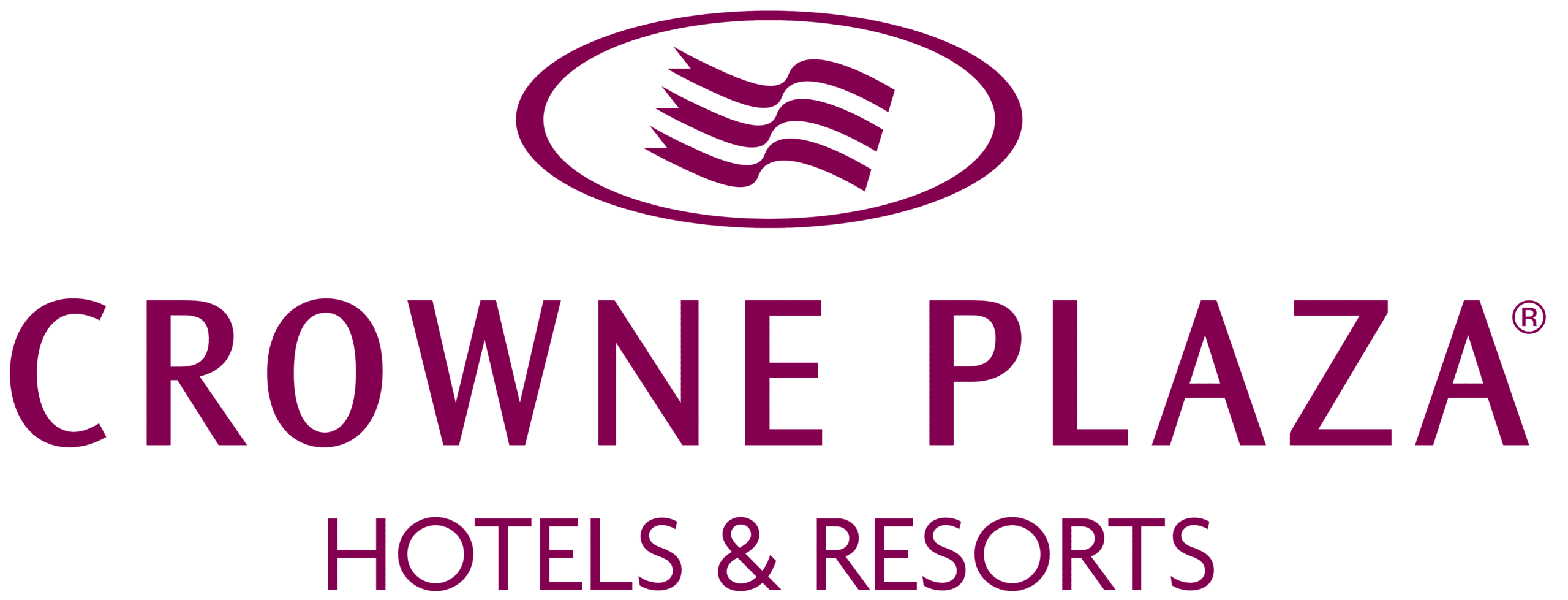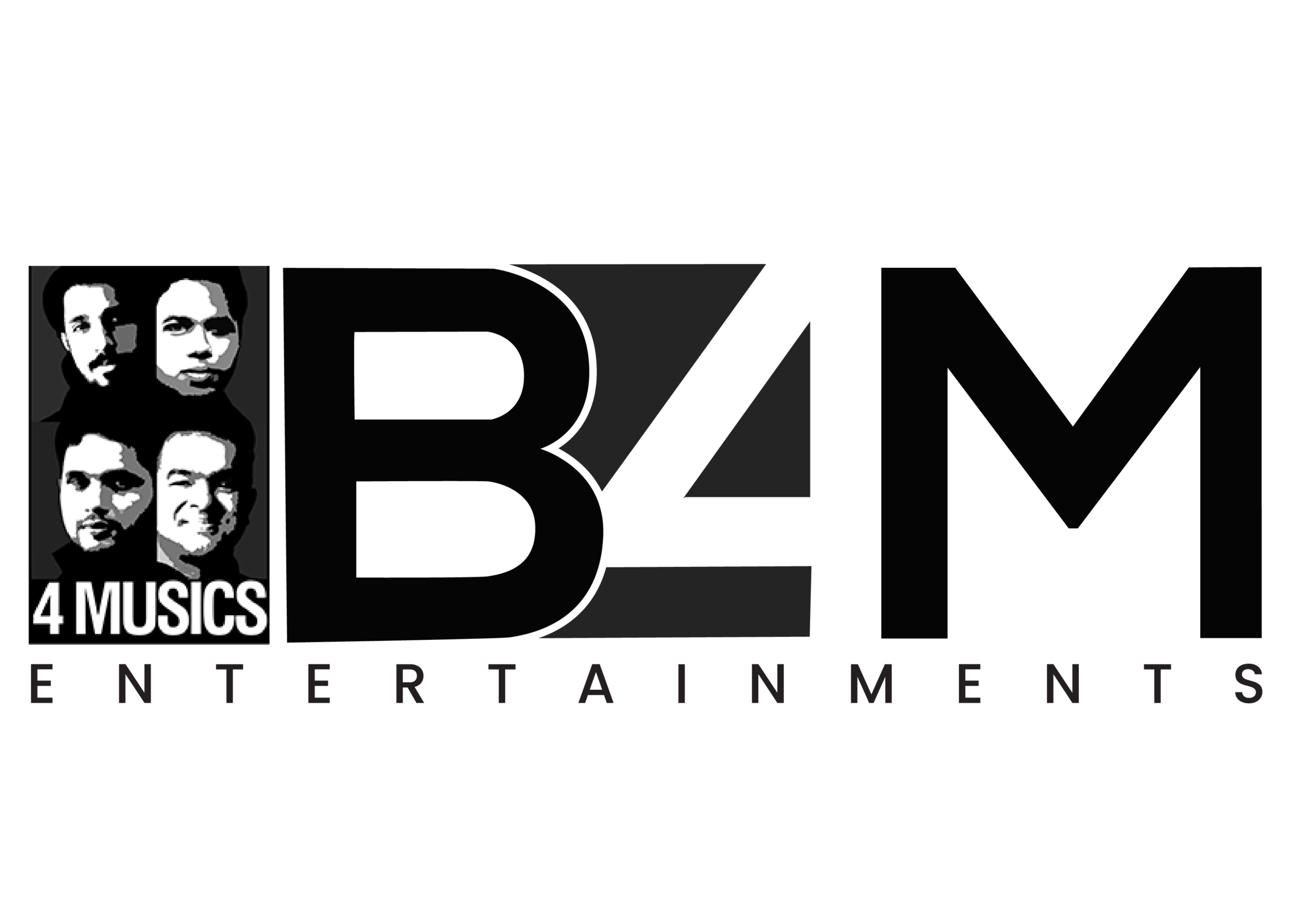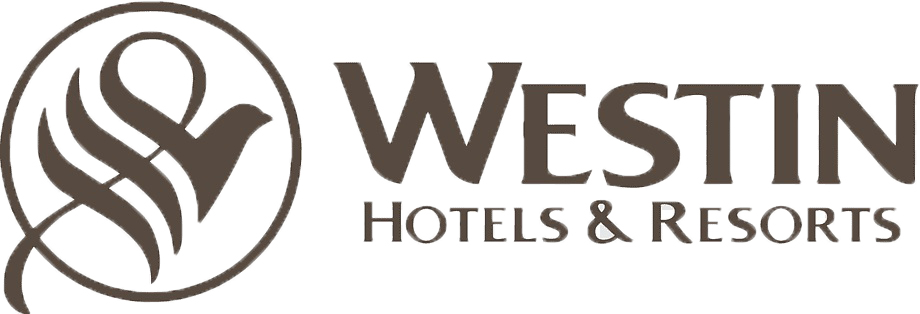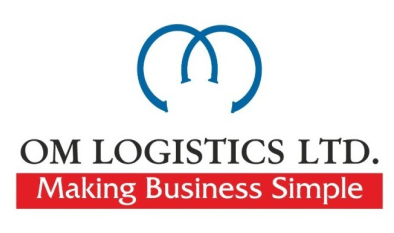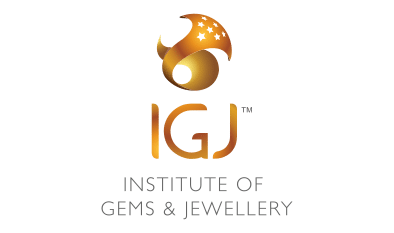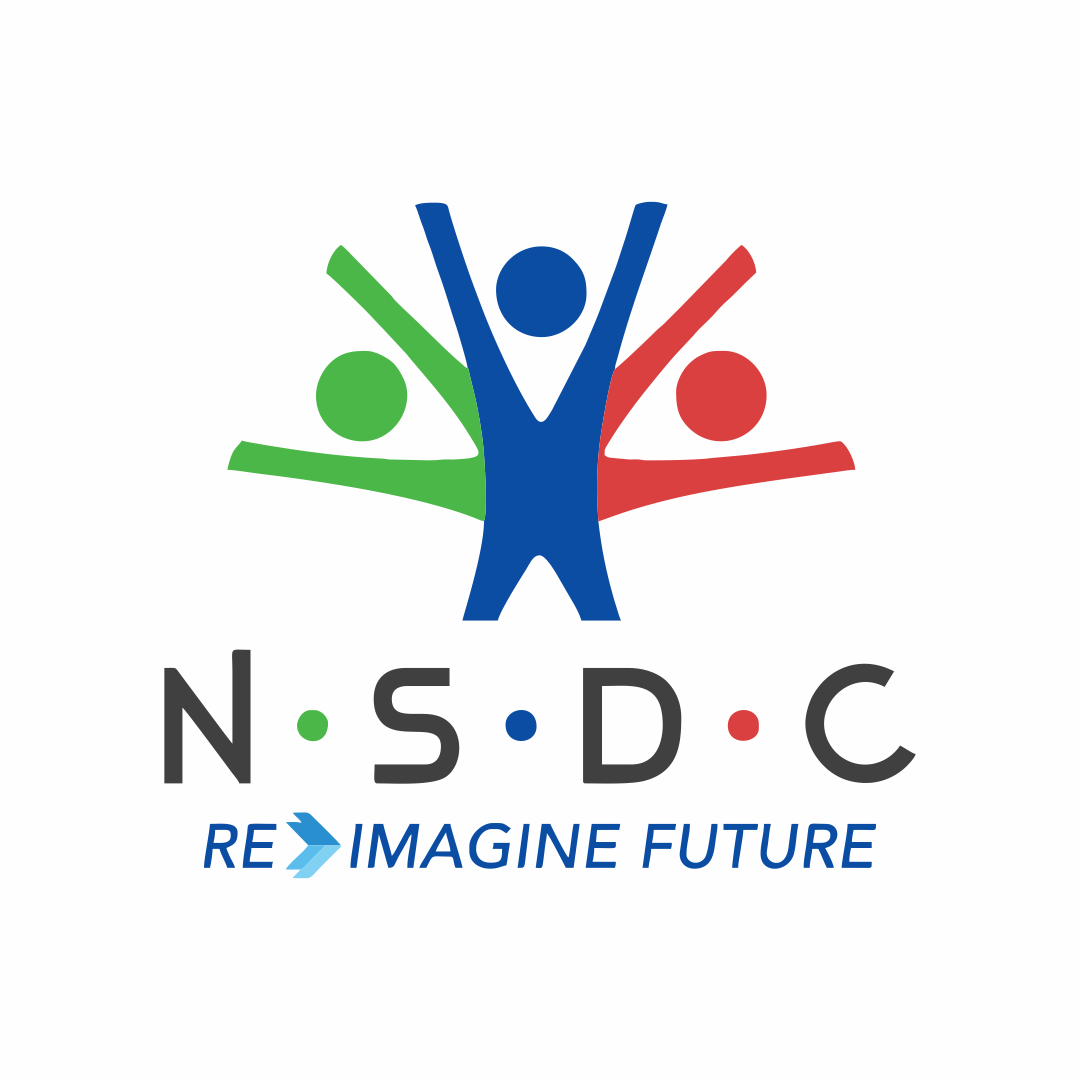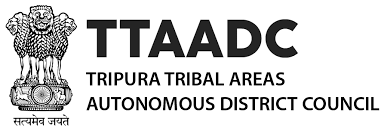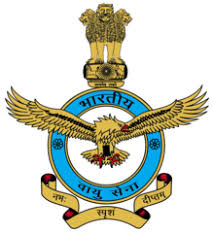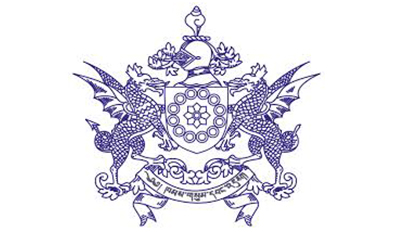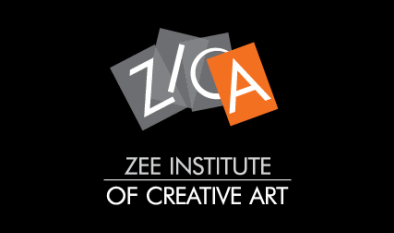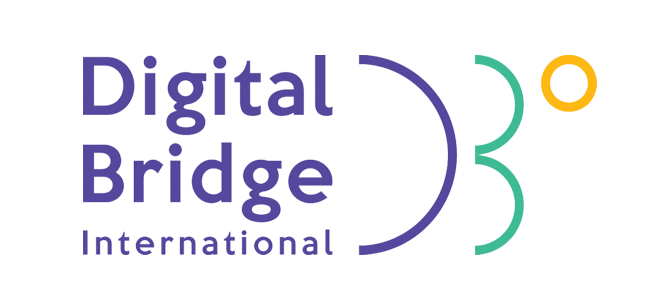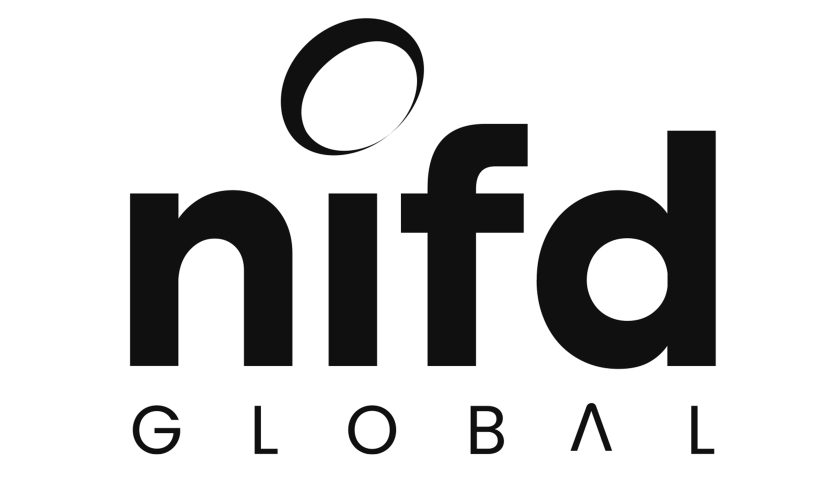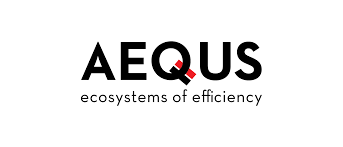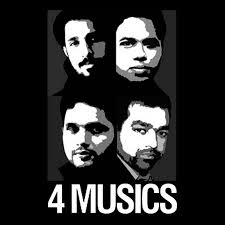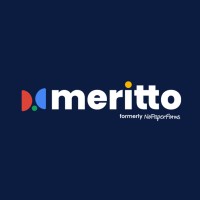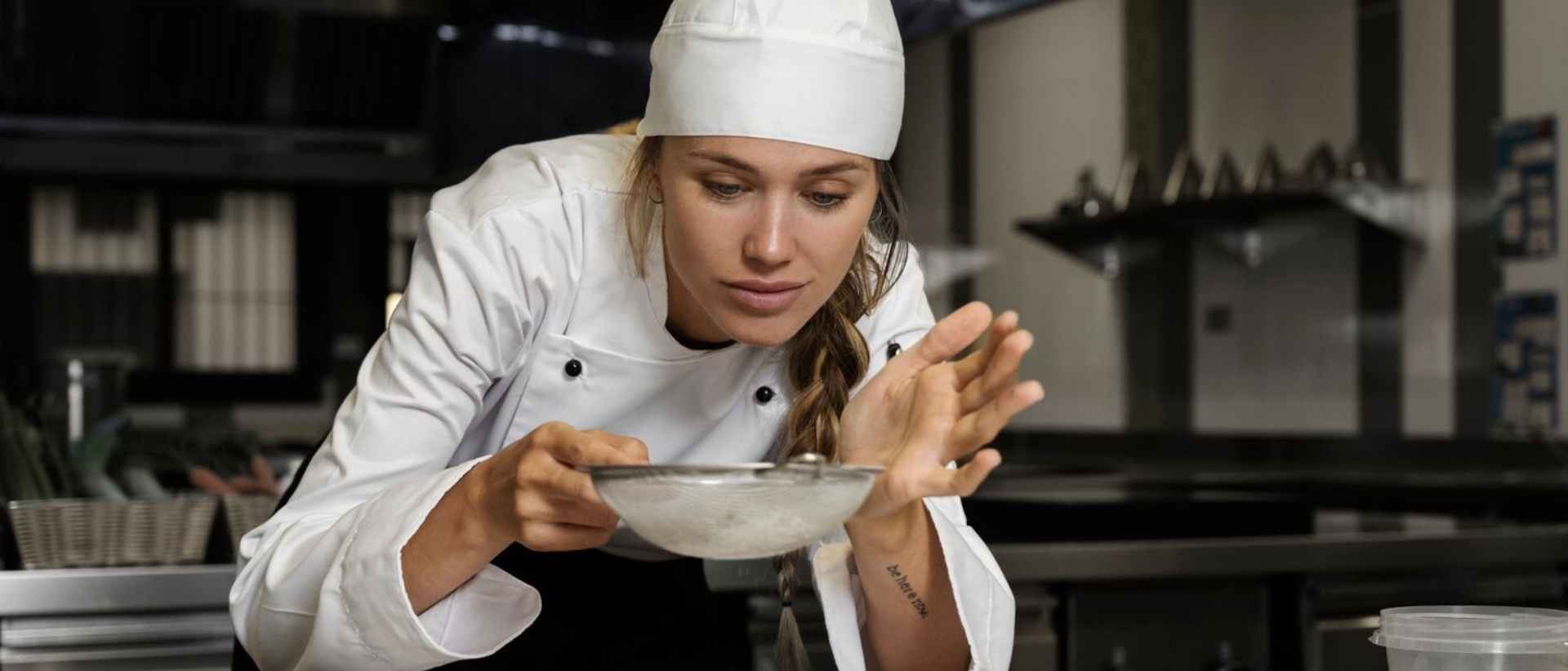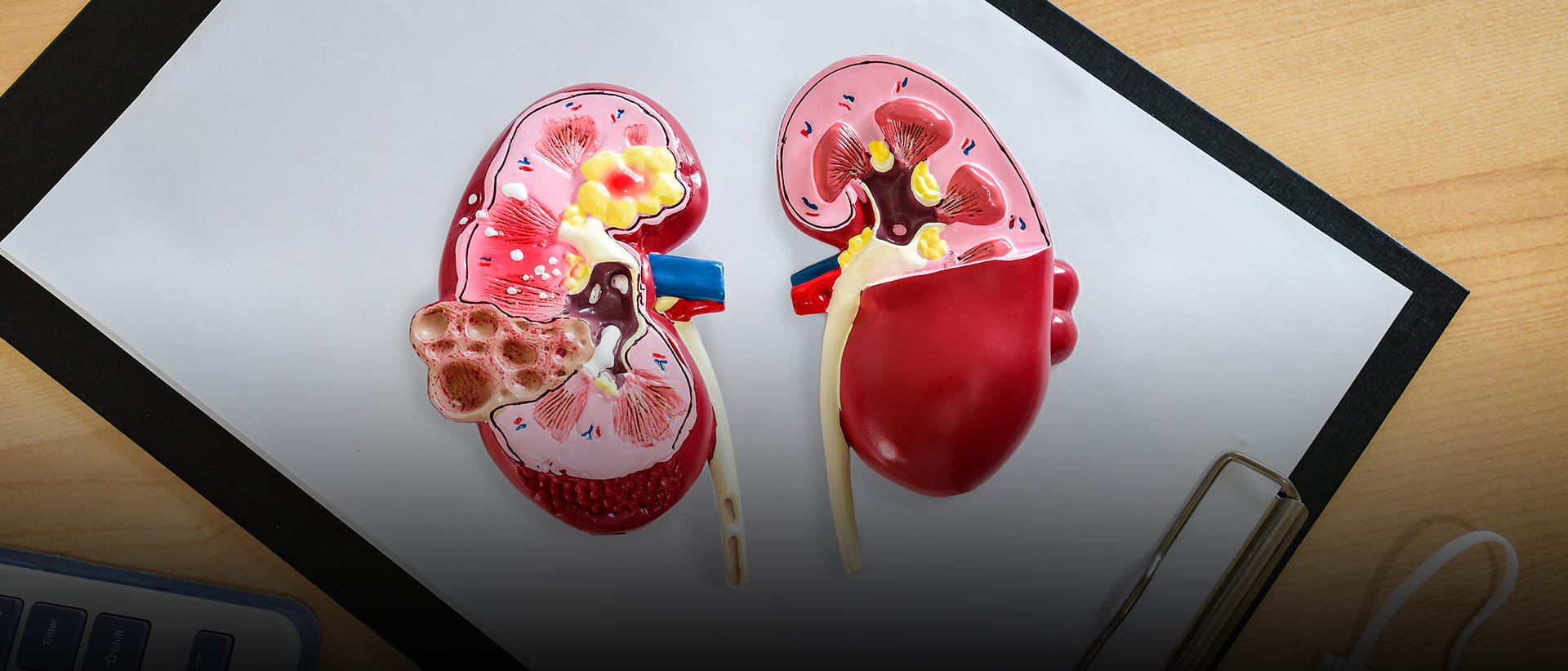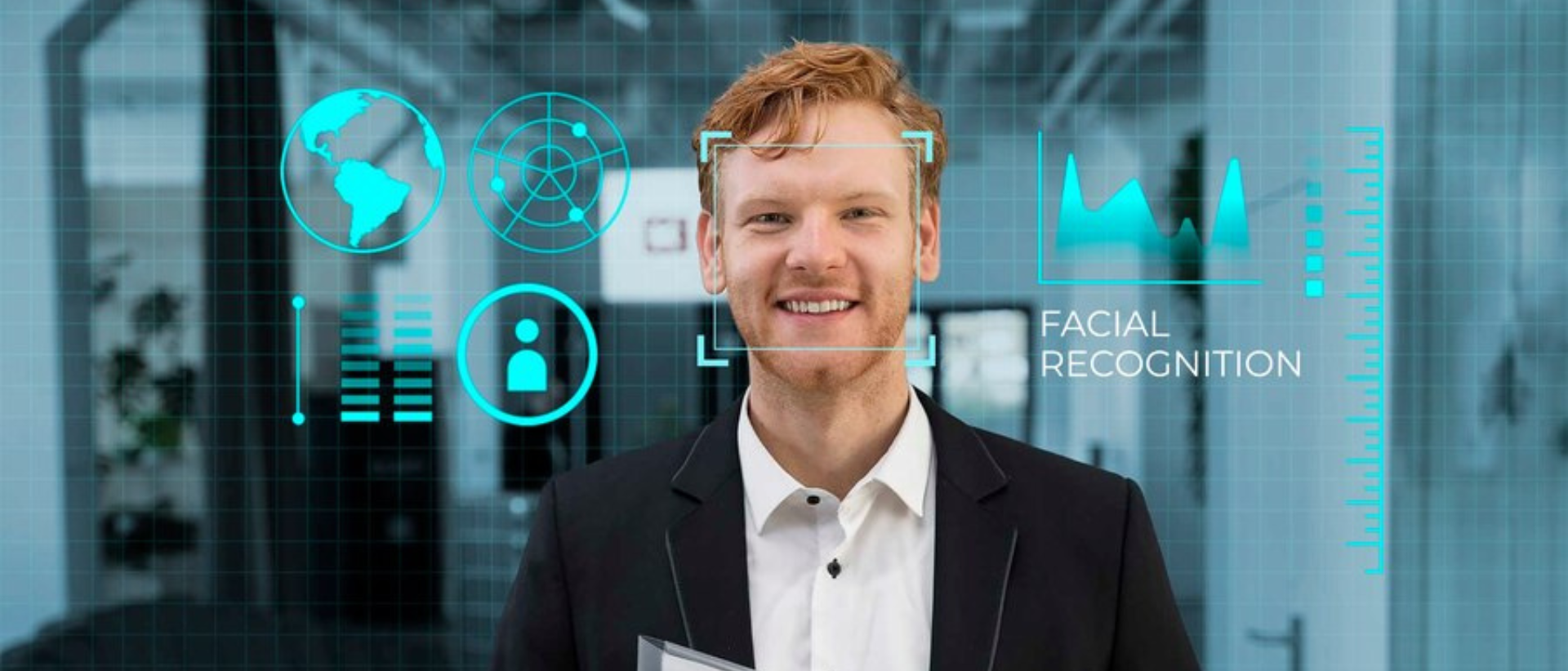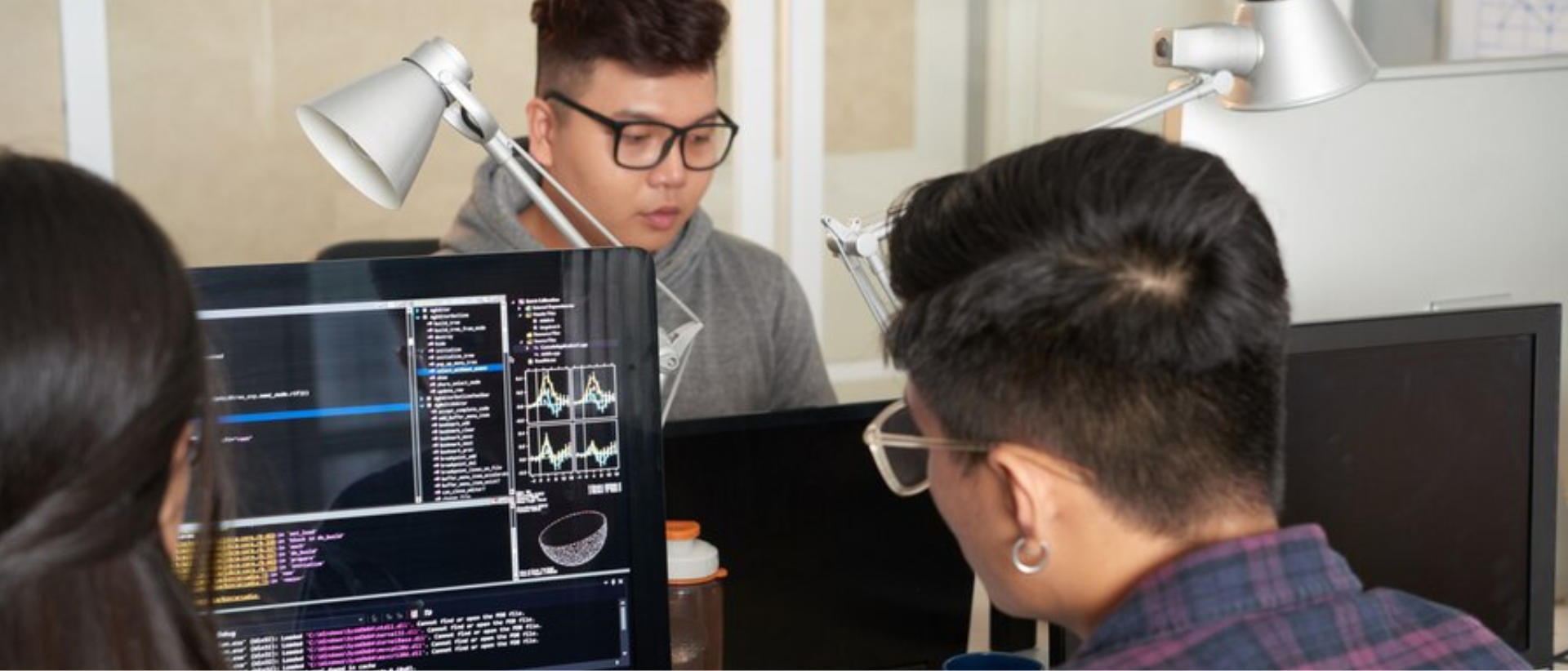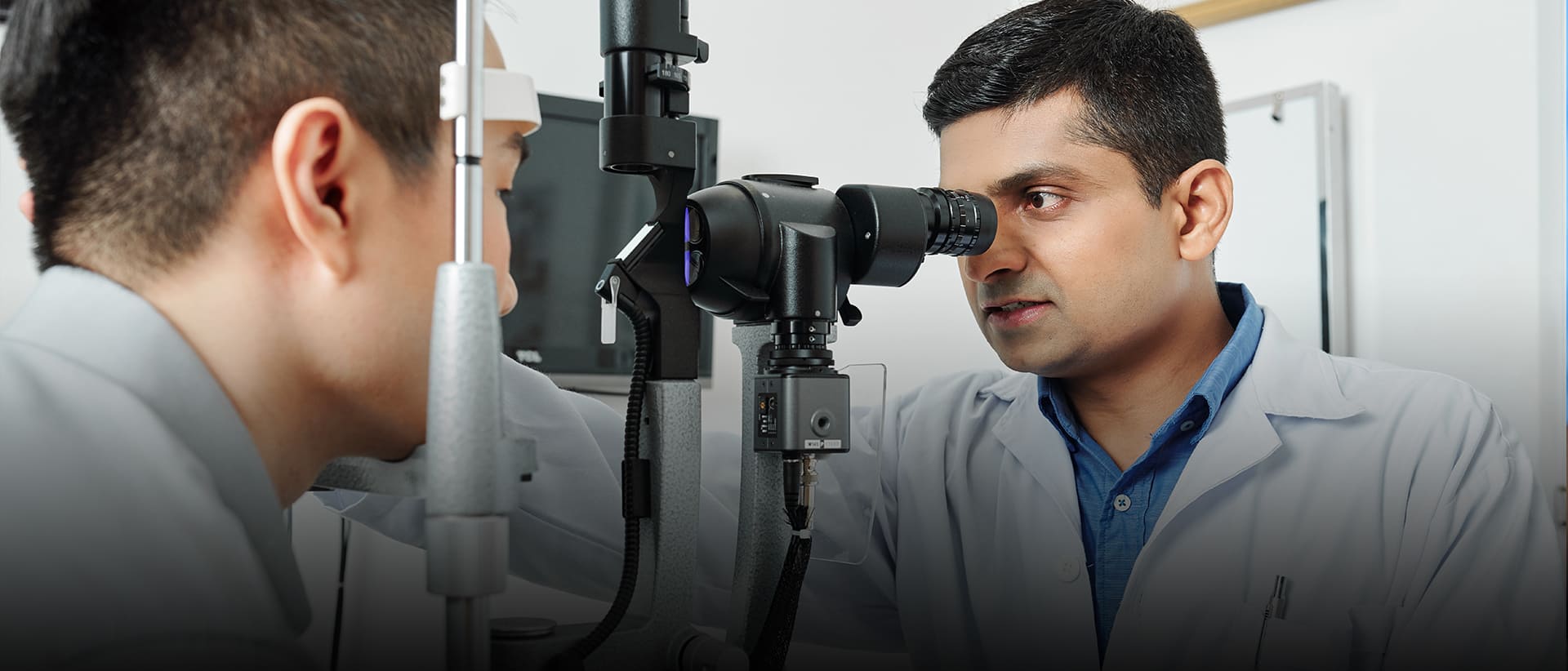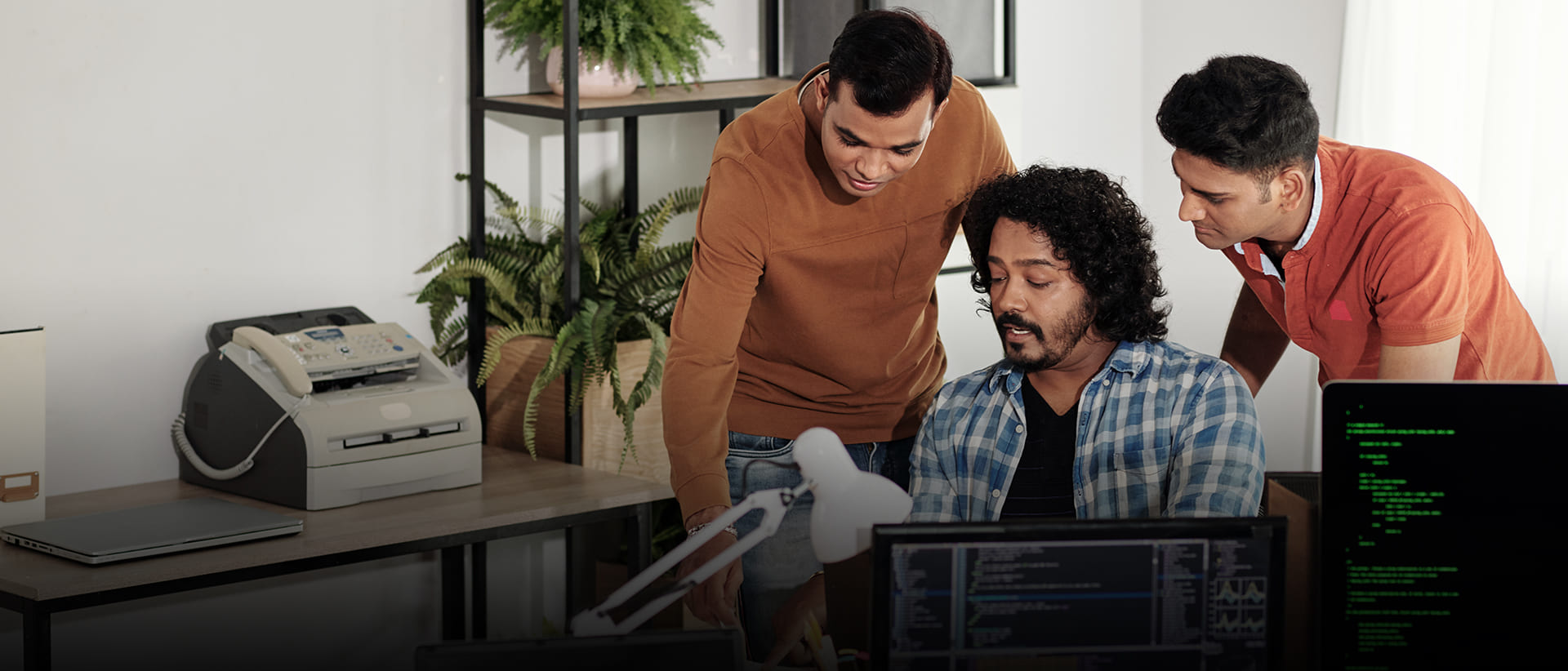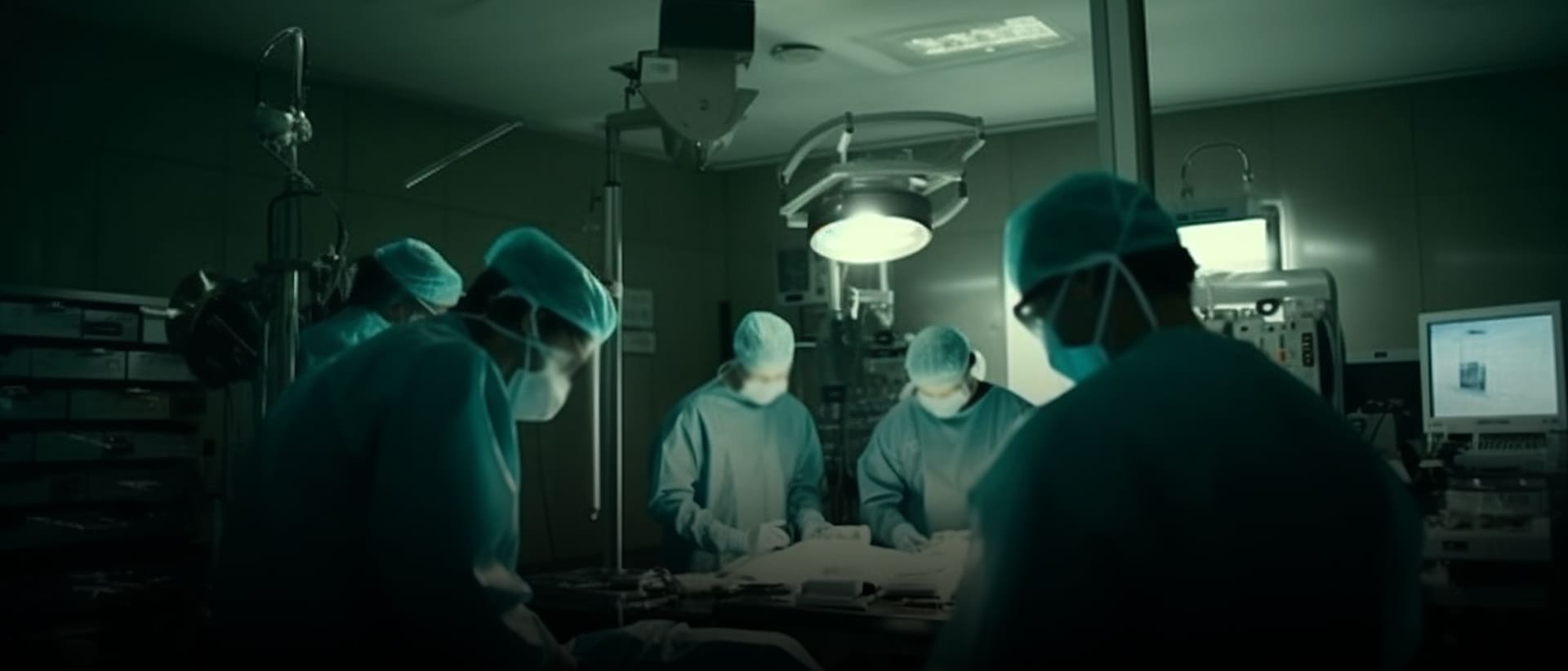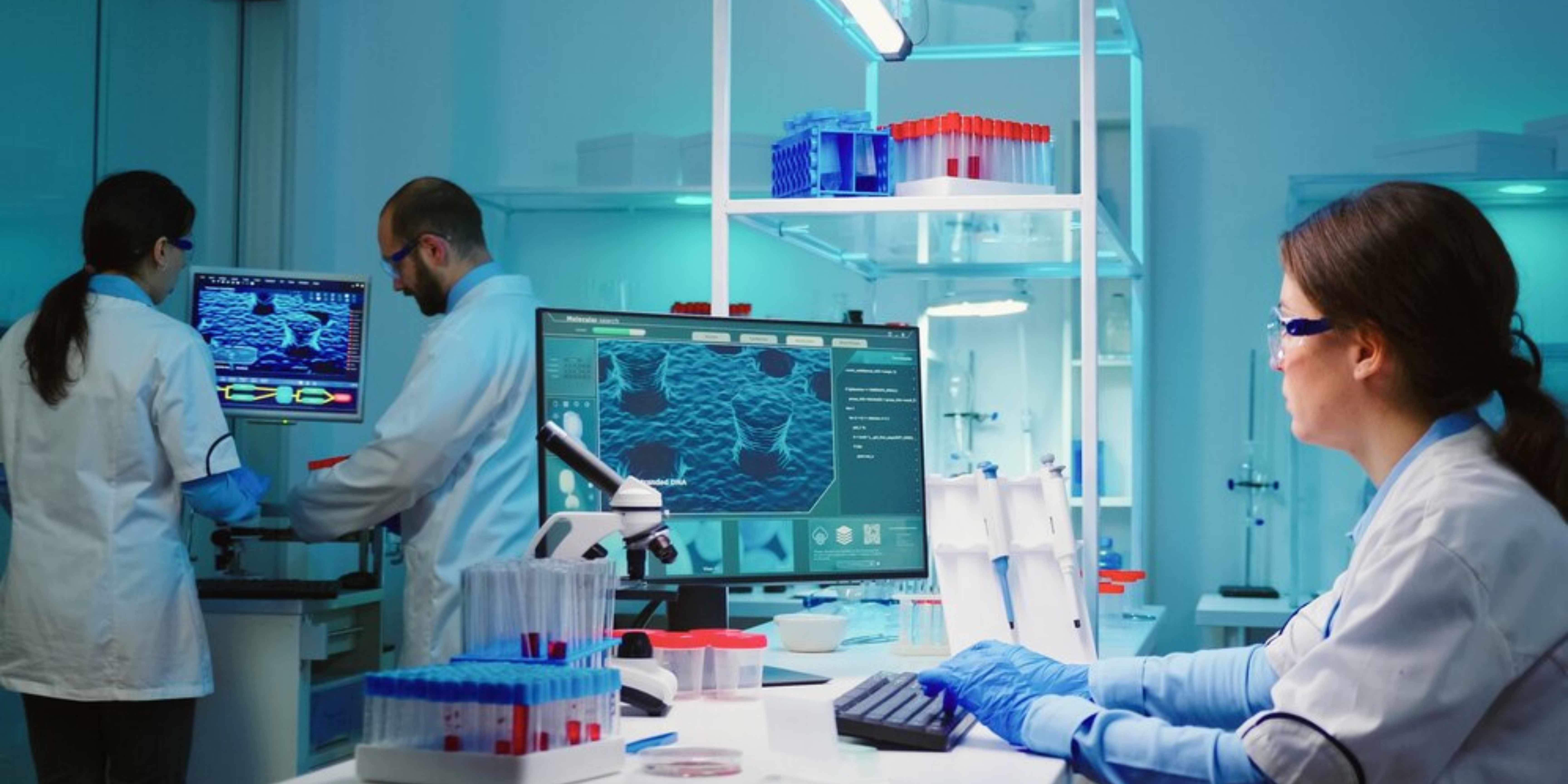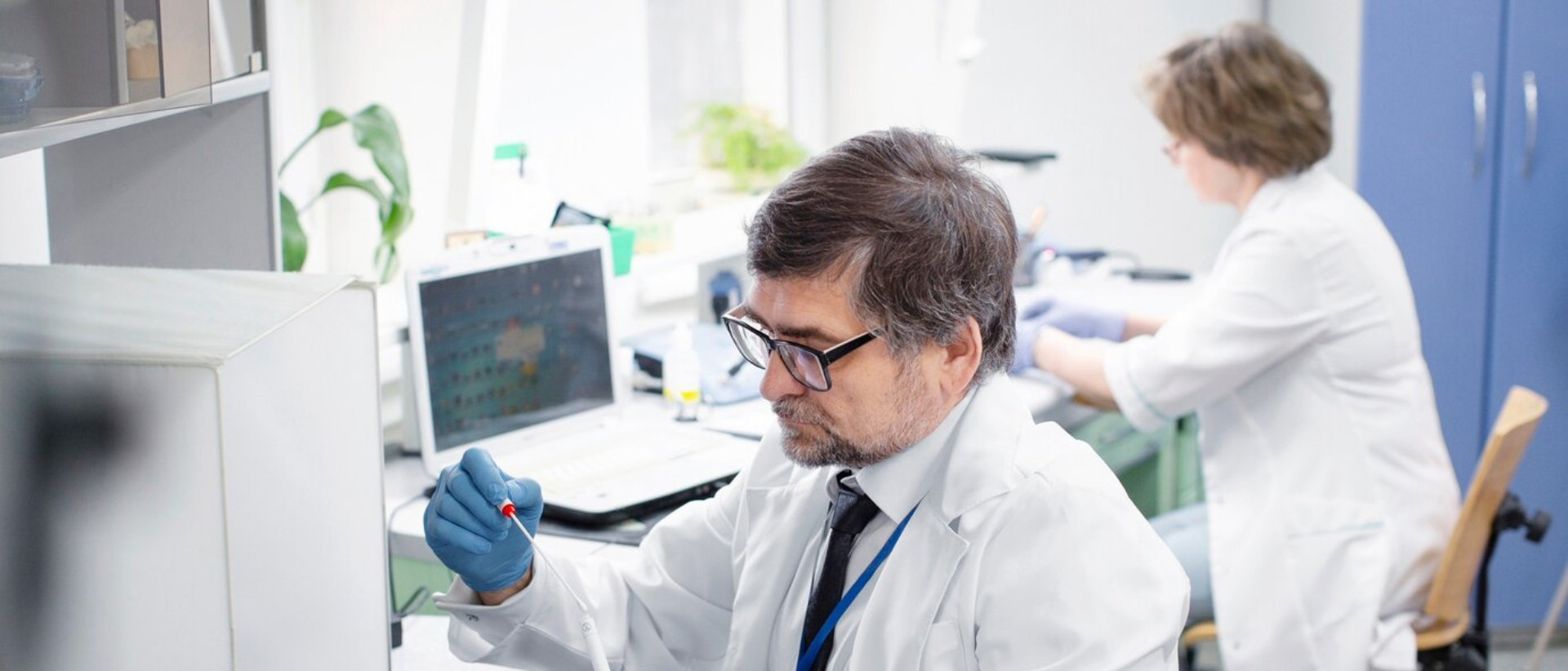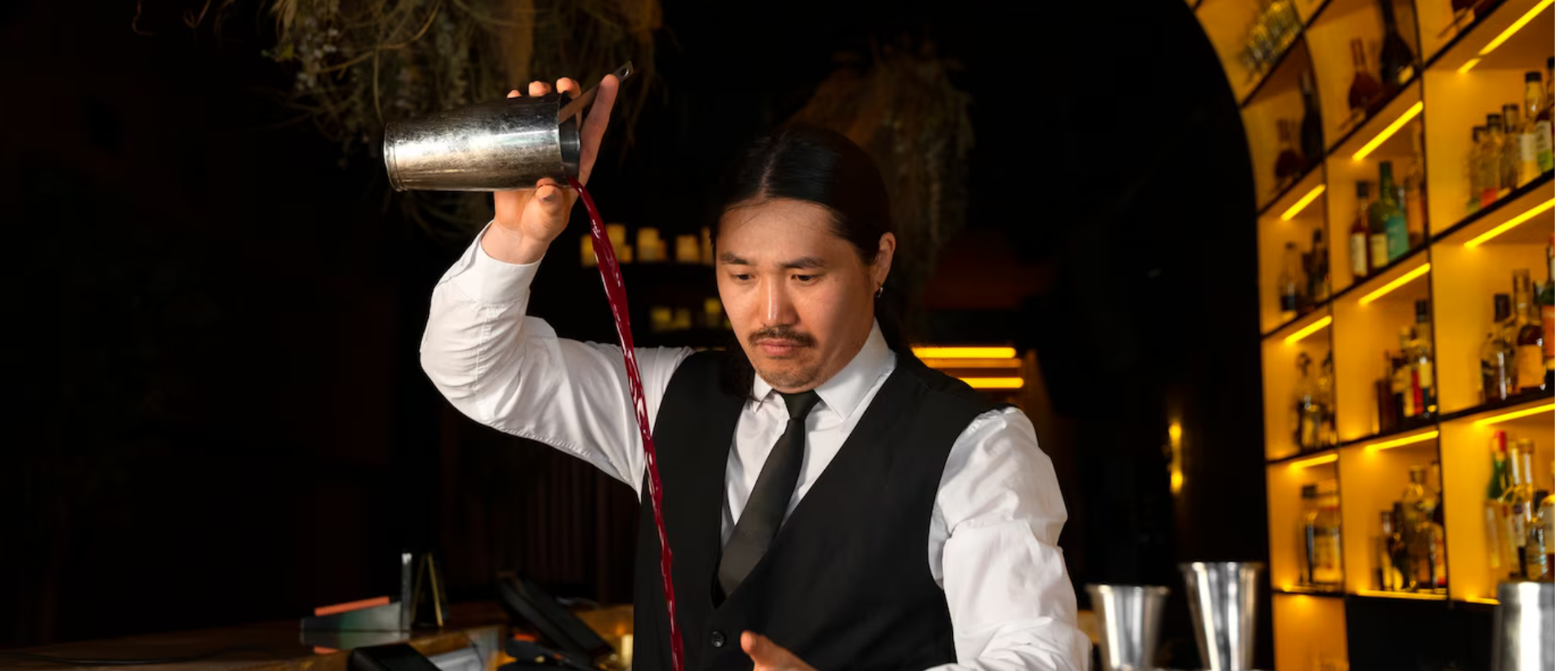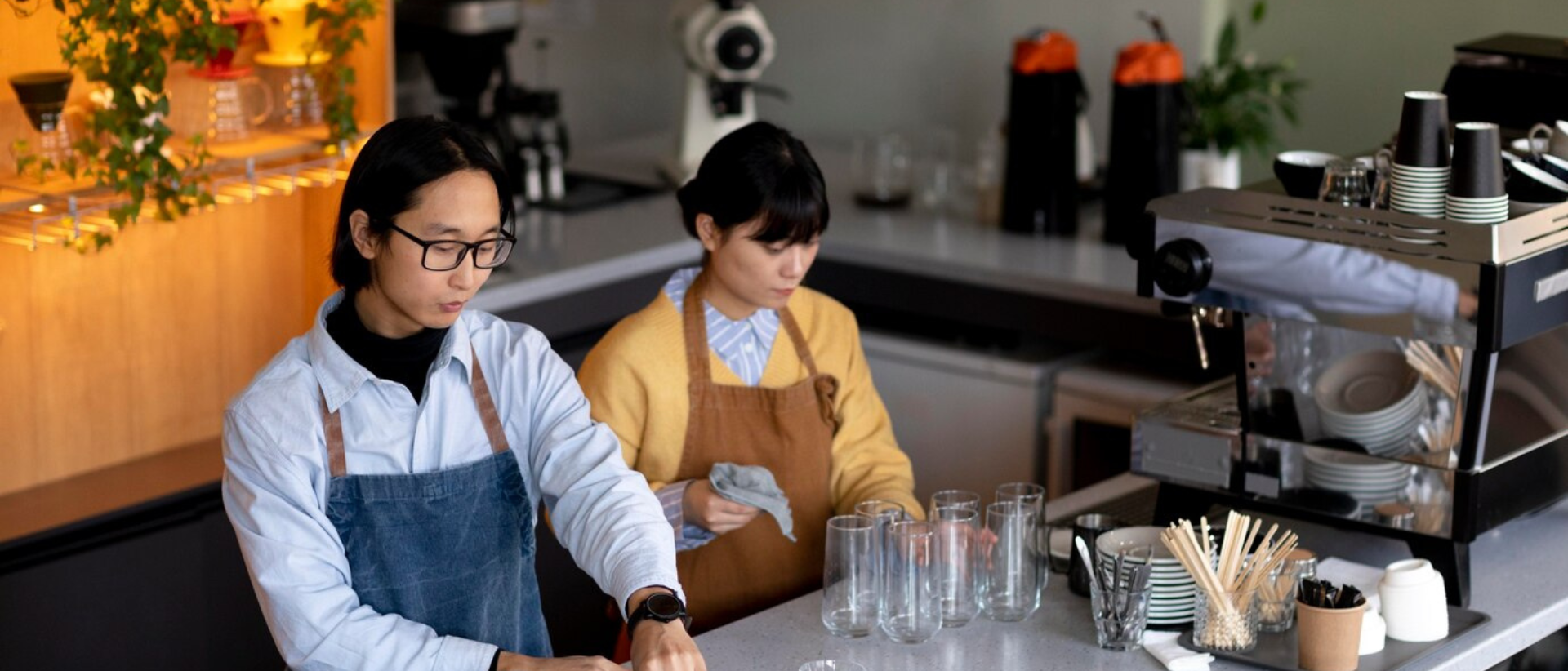Restaurant operation and catering management encompass the various aspects involved in running a successful food service establishment and coordinating catered events. Restaurant operations involve both front-of-house tasks like greeting guests, taking orders, and ensuring customer satisfaction, as well as back-of-house responsibilities such as food preparation, inventory management, and maintaining a clean and efficient kitchen. Menu planning, pricing, staff management, financial tracking, and marketing are also crucial elements. On the other hand, catering management focuses on event planning, menu design tailored to clients' preferences, logistics of food preparation and transportation for off-site events, coordinating catering staff, adhering to food safety regulations, and delivering exceptional customer service. Attention to detail, organization, and effective communication skills are essential in both domains, which involve various roles like servers, cooks, event coordinators, and managers. Understanding the practical applications through examples of different restaurant types and catering events is also beneficial for students.
A PG Diploma in Restaurant Operation & Catering Management is a comprehensive postgraduate program that provides in-depth knowledge and practical training in managing restaurant operations and catering events. The curriculum covers areas such as food production, kitchen operations, menu planning, food and beverage service, event management, cost control, marketing, and legal aspects. Students gain hands-on experience through internships and industrial training, working in various capacities like kitchen operations, service staff, and event coordination. The program equips graduates with essential managerial skills in customer service, staff supervision, financial management, and entrepreneurship. Upon completion, they can pursue careers as restaurant managers, catering managers, banquet managers, event coordinators, or entrepreneurs in the hospitality industry, catering to the dynamic demands of the food service sector.
3 Years
The scope of agriculture has existed from time immemorial, beyond the scope of civilization as a whole thus placing agriculture on a position of great social and economic significance.
Eligibility
INDUSTRY LED LEARNING
For an accelerating professional career in the 21st Century along with Core Skills, the learner should evolve through Self-directed Learning.


Learn and Earn
Gain practical experience in one of our affiliated national and international hotel organizations while studying and earn great stipend.


On Job learning Experience
Gain valuable on-the-job training while still studying, solving real-world problems and finding practical solutions.


Site Visits
Get the opportunity to visit star hotels in and around Sikkim to see how the industry works and interact with professionals / expertise employed there.


Engaging with Industry Experts
Engaging with industry experts provides invaluable insights and real-world perspectives, enriching the learning experience and preparing students for professional success.


Industry/ Skill Certifications
Validate expertise and proficiency, enhancing employability and credibility in competitive job markets while signaling commitment to continuous learning and professional development.


World Skill Challenge
Showcase the pinnacle of vocational excellence, fostering global collaboration and innovation to advance technical skills and craftsmanship across diverse industries.
For an accelerating professional career in the 21st Century along with Core Skills, the learner should evolve through Self-directed Learning, Self-awareness, Multidisciplinary Problem Solving, Practice of Professional Grade, Digital Comfort, Current Social and Global Dynamics, Employability, and Life Skills. MSU offers an opportunity to customize higher education with a range of specialization/electives.
Foundation Core
A range of compulsory basics of multidisciplinary, professional, general nature customized to match the value and vision of MSU for a robust foundation.
Skill Drill (Elective)
A range of compulsory basics of multidisciplinary, professional, general nature customised to match the value and vision of MSU for a robust foundation.
Major (Elective)
A range of compulsory basics of multidisciplinary, professional, general nature customised to match the value and vision of MSU for a robust foundation.
Minor (Elective)
A range of compulsory basics of multidisciplinary, professional, general nature customised to match the value and vision of MSU for a robust foundation.
Industry Practice
A range of compulsory basics of multidisciplinary, professional, general nature customised to match the value and vision of MSU for a robust foundation.
Capstone Project
A range of compulsory basics of multidisciplinary, professional, general nature customised to match the value and vision of MSU for a robust foundation.
PROGRAMME OUTCOMES
PSO 1:
Acquire comprehensive knowledge and skills to effectively manage all aspects of restaurant operations, including front-of-house and back-of-house operations, menu planning, pricing strategies, inventory management, and food safety practices. They will be equipped to streamline processes, optimize resources, and deliver exceptional customer experiences.
PSO 2:
Develop expertise in planning, organizing, and executing successful catering events of various scales and types. They will learn to coordinate with clients, design customized menus, manage logistics, and oversee the entire event execution process, ensuring seamless operations and client satisfaction.
PSO 3:
Develop strong leadership and managerial skills in graduates, enabling them to effectively manage teams, delegate responsibilities, provide training and guidance, and make informed decisions. They will acquire competencies in staff recruitment, performance evaluation, and conflict resolution.
PSO 4:
Gain proficiency in financial management and cost control techniques specific to the restaurant and catering industry. They will learn to analyze financial statements, develop pricing strategies, control inventory costs, and implement measures to optimize profitability while maintaining operational efficiency.
PSO 5:
Equip students with entrepreneurial skills and marketing acumen, enabling them to identify business opportunities, develop business plans, and launch their own ventures in the hospitality sector. They will learn effective marketing strategies, branding techniques, and ways to leverage digital platforms to promote their businesses.
PSO 1:
Demonstrate the capability for complex problem-solving
PSO 2:
Demonstrate the capability for critical thinking
PSO 3:
Demonstrate the ability for creativity
PSO 4:
Demonstrate the skills that enable them to communicate effectively
PSO 5:
Demonstrate the capability for analytical reasoning/thinking
PSO 6:
Demonstrate the ability to coordinate and collaborating with others
PSO 7:
Demonstrate the capability for leadership readiness
PSO 8:
Demonstrate ‘learning how to learn" skills
PSO 9:
Demonstrate the capability for digital and technological skills
PSO 10:
Demonstrate multicultural competence and an inclusive spirit
PSO 11:
Demonstrate the acquisition of knowledge and attitude that are required for value inculcation
PSO 12:
Demonstrate the ability for autonomy, responsibility, and accountability
PSO 13:
Demonstrate the acquisition of and ability to apply the knowledge, skills, attitudes, and values required to take appropriate actions for environmental awareness and action
PSO 14:
Demonstrate the capability to participate in community-engaged services/ activities for promoting the well-being of society.
PSO 15:
Demonstrate the ability to identify with or understand the perspective, experiences, or points of view of another individual or group, and to identify and understand other people’s emotions








